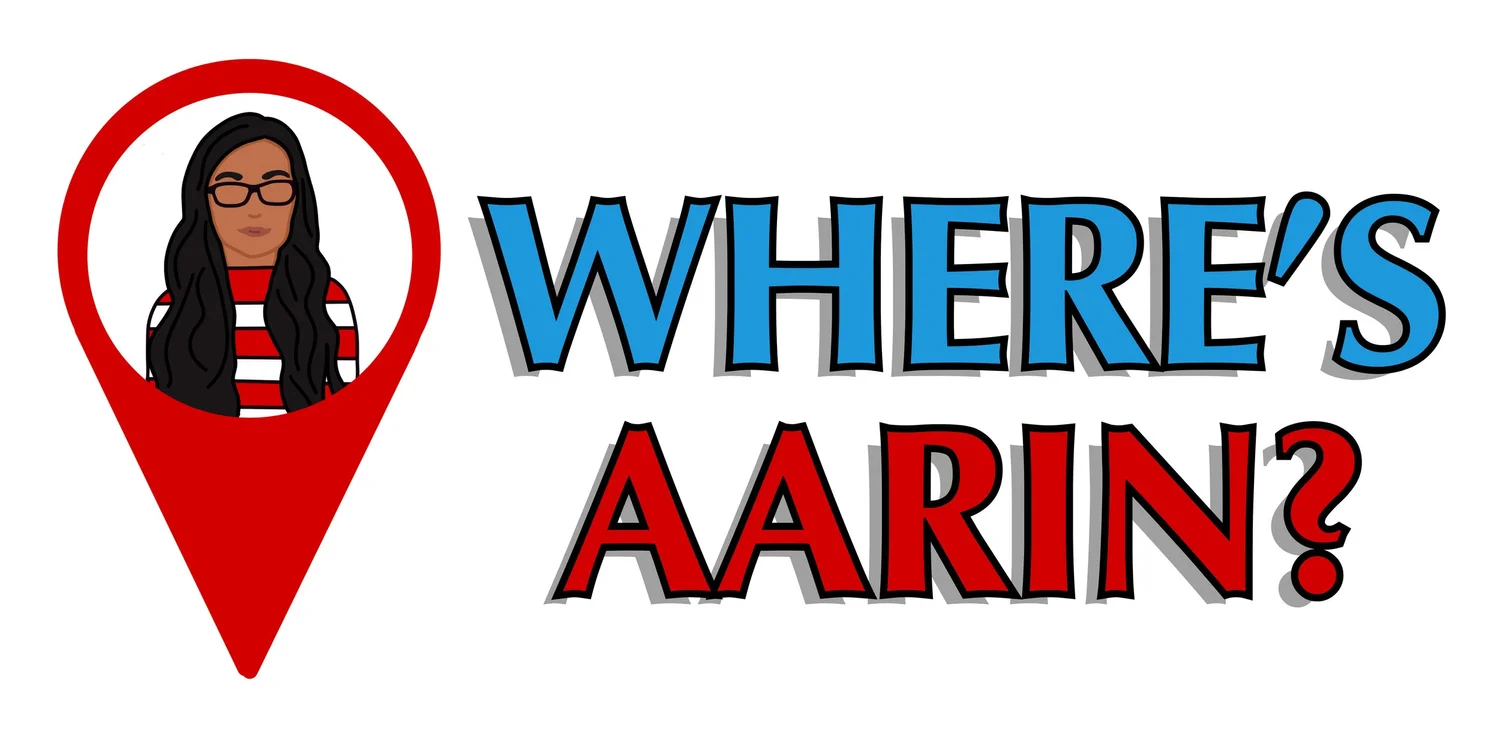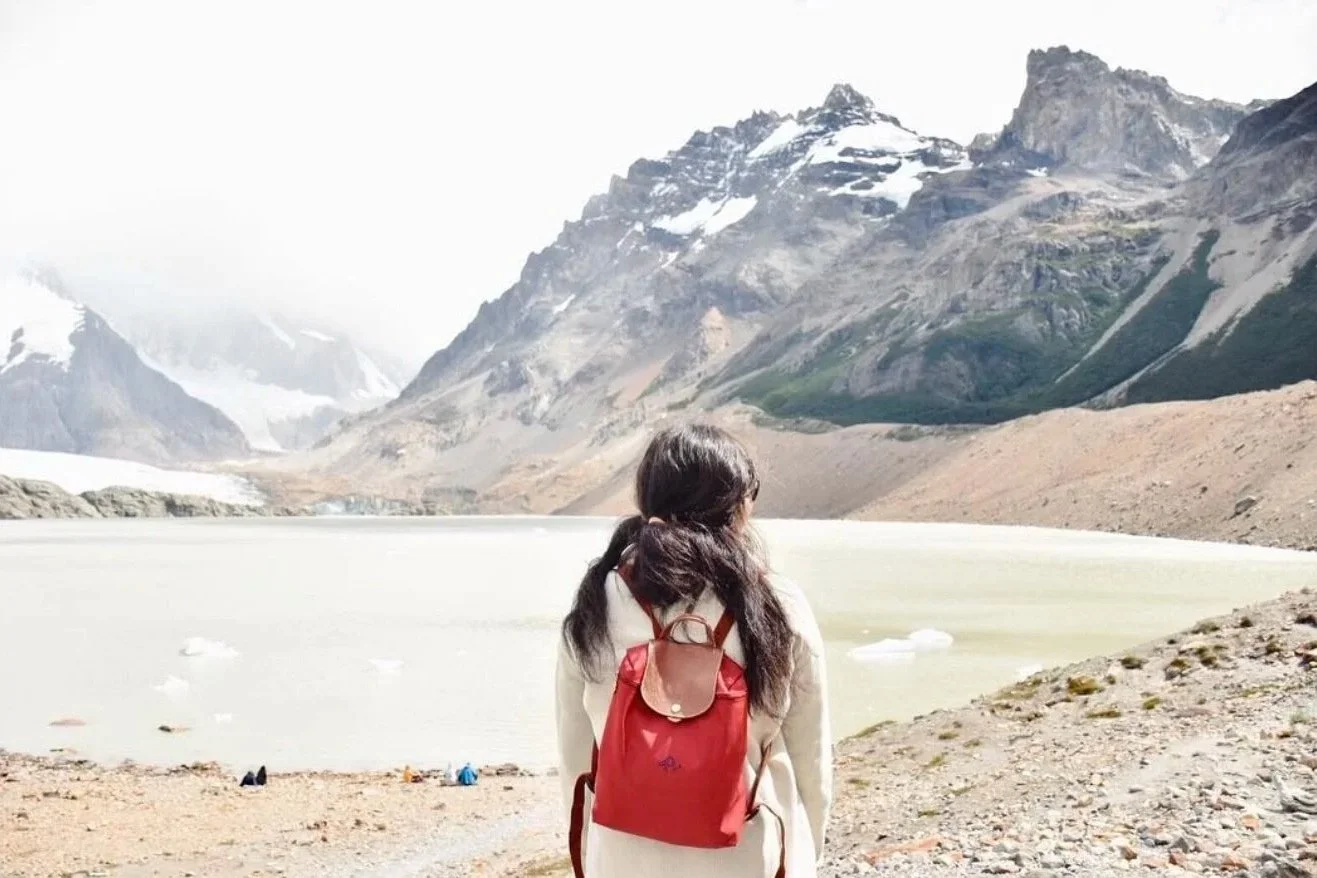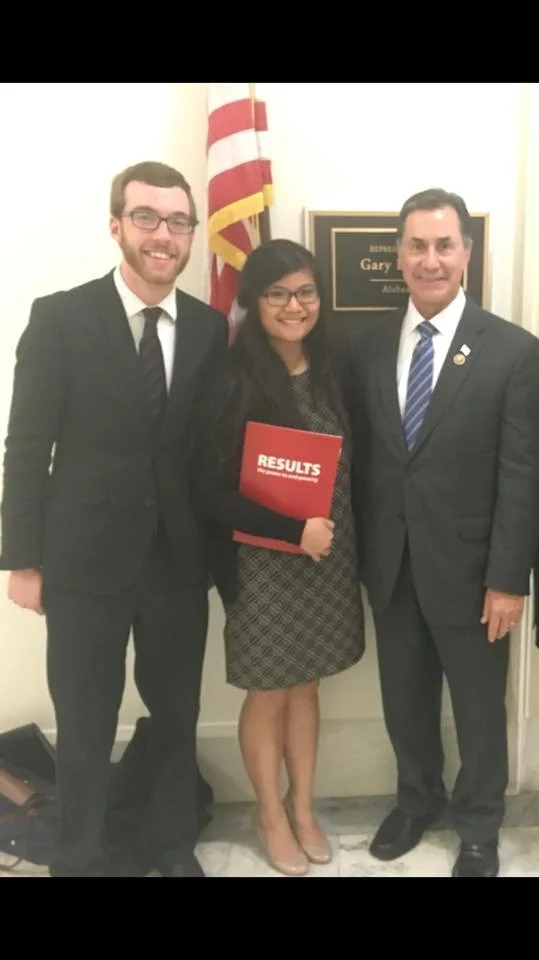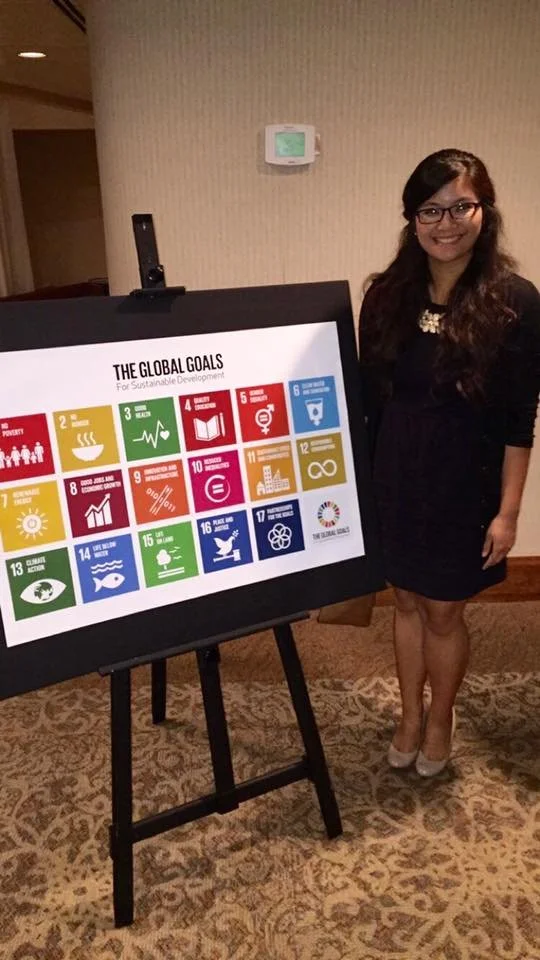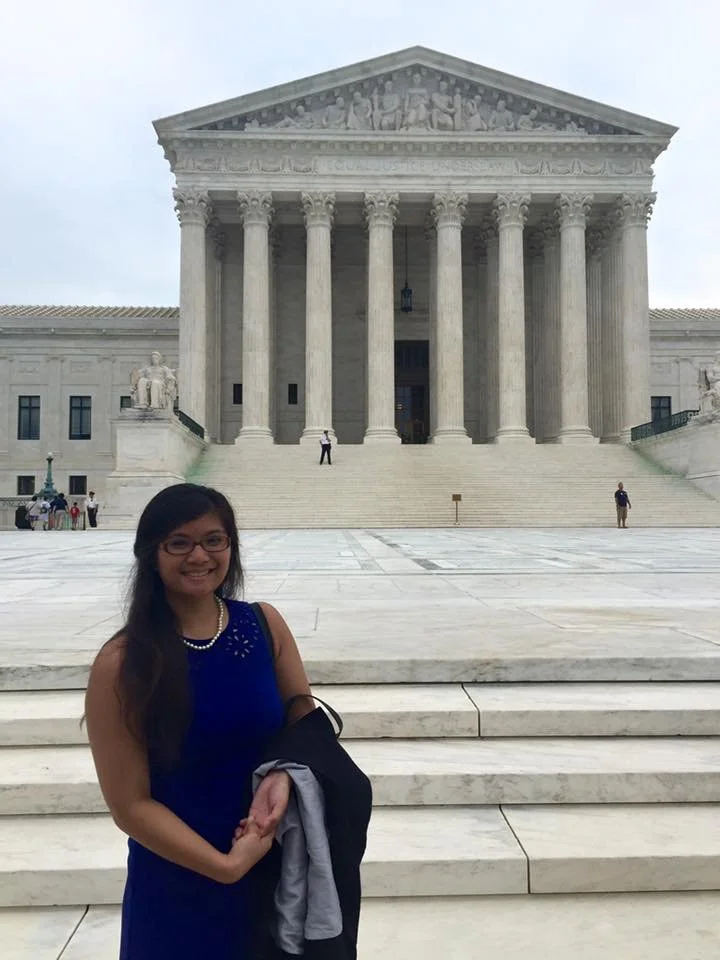Mountains Beyond Mountains…Literally
After I graduated with my MPH, I took some time to travel before starting my first job. I was navigating that peculiar in-between stage—no longer a burnt-out student but not yet a full-fledged working professional, and no clear idea of what to do next. Having spent years in overdrive, I needed to pause and recalibrate before making my next move.
One of my first trips during this time was Patagonia, the picturesque region straddling southern Argentina and Chile. I had only seen it through photos, and with my cousin’s much-coveted Delta companion pass at my disposal (thanks, Richard), I set out to explore two new countries and test my physical limits. It wasn’t just about the landscape, though that was breathtaking. I was craving a challenge that felt different from academics or career milestones—something more visceral. Something to jolt me from one phase of life to the next. Something to spark whatever came next.
The trip served as a metaphor for everything I’d learned about perseverance, resilience, and what it means to tackle life’s hardest challenges. Each day included at least 10 hours of hiking through steep and challenging terrain, averaging 10 to 12 miles. And the reality is, I wasn’t in shape. Not even close. As embarrassing as it is to admit, those treks were brutally difficult. Every uphill stretch left me breathless, every descent tested my knees and balance, and more than once I questioned what I had gotten myself into. But step by step, I kept going. Not because it was easy, but because I knew I didn’t want to quit before I at least saw the view. The work to get to the top was worth it.
After that trip, I began consulting with grassroots initiatives and advocacy coalitions focused on global health, pushing for increased funding and attention to issues like maternal and child health, malaria prevention, and access to basic hygiene. Much like the peaks of Patagonia, the path to better health outcomes for all is steep. Convincing decision-makers to care about people they’d never meet, in places they’d never visit, required persistence.
Sometimes it meant sitting in front of a skeptical congressional office and explaining, in plain terms, why soap, bed nets, and vaccines should matter to them. Other times, it meant writing op-eds in our local newspaper or doing interviews at our local NPR station (donate to WBHM here, by the way). We knew that the key to gaining bipartisan support was building a strong grassroots foundation, especially in more conservative districts. I’m happy to say our efforts paid off. Just as I was preparing to transition into my next role, Senator Sessions (not typically known for championing foreign aid) signed onto one of our key pieces of legislation: the Reach Every Mother and Child Act.
Soon after that, I moved my career to the big lights of Washington, DC. This was always my goal. And I feel extremely grateful to have spent seven years working for one of the top USAID implementing organizations, where I saw firsthand how global health policies turned into programs that reach real people. Ever the non-profit professional, I wore multiple hats. My main role was serving as the Deputy Director of a public-private partnership, though I managed a broader portfolio of water, sanitation and hygiene interventions.
Every day was different. Some days involved high-level convenings with CEOs and Ministers of Health; others meant editing factsheets, troubleshooting logistics, or aligning with digital teams to build a country dashboard. It wasn’t always glamorous, but it was deeply meaningful work that created tangible impact for communities around the world. I believed in the mission, and I believed (and still believe) in the power of international cooperation to create healthier, more equitable futures.
In global health, we often look to Dr. Paul Farmer’s work—not just for inspiration, but for direction. His belief that “the idea that some lives matter less is the root of all that is wrong with the world” continues to shape how many of us approach our work. Mountains Beyond Mountains wasn’t just a biography—it was a call to action. A reminder that health is a human right, and that systems must be reimagined (not just improved) if we are truly committed to addressing health equity.
Of course, lately, it feels as though the very systems we fought to reimagine are unraveling before our eyes, with decades of progress undone in the snap of one powerful man’s fingers. About a week after I returned from my semi-sabbatical (see my blog: Semi-Wishing for Another Semi-Sabbatical), the Trump Administration’s US Stop Work Orders abruptly halted large portions of USAID’s programming. Overnight, teams were disbanded, funding was frozen, and years of partnership, trust, and infrastructure were put on pause.
Our hands were tied. As much as we wanted to continue our projects, the control wasn’t ours to keep. Once again, I found myself in uncertain terrain. But this time, the ground beneath me wasn’t the loose gravel of Torres del Paine—it was the crumbling foundation of global cooperation and public service. Still, I kept putting one foot in front of the other and doing what I could within my reach: communicating with partners, navigating the sudden change, and helping ensure the work carried on. Because the work is worth it.
It reminded me of what Paul Farmer wrote about so often: that our work is never guaranteed, never easy, and always political. He taught us that injustice doesn’t politely wait its turn, and that the most urgent work happens when systems fail, not just when they function. The dismantling of USAID as we’ve known it is more than a policy shift—it’s a moral failure.
When I think back to my trip to Patagonia nearly a decade later, I still remember that out-of-shape new grad, breathless and unsure, inching up steep peaks just to see what was on the other side. It was hard, but the view at the top was always worth it.
Resilience, I’ve learned, doesn’t mean pretending things aren’t difficult. It means facing the climb anyway. It means holding fast to the vision and it means recommitting to the view we’re trying to reach: a world where health is a right, not a privilege, and where international partnerships aren’t discarded at the whim of politics, but protected in the name of shared humanity.
